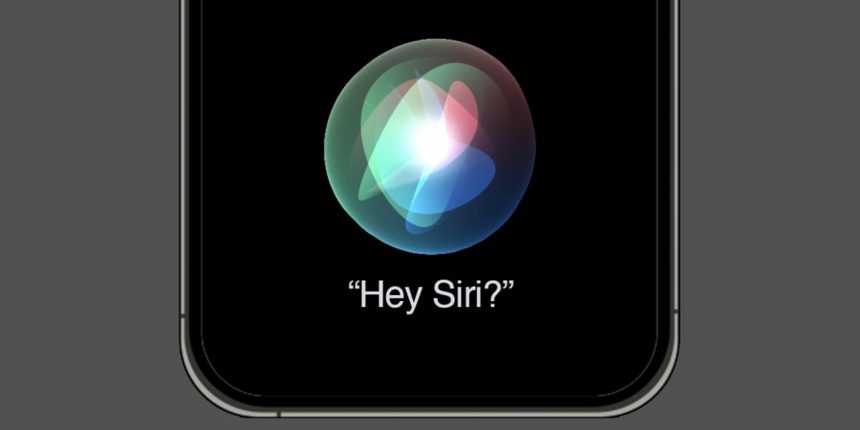Over the broad sweep of time, it has never made sense to bet against
Apple.
Not too long ago, it became the first U.S. company to top $3 trillion in market value. Even at a current $2.7 trillion, it remains the world’s most highly valued company—by a substantial margin.
While co-founder and demigod Steve Jobs always gets credit for Apple’s success, Apple (ticker: AAPL) has generated $2.5 trillion of its market value under Tim Cook, who took the CEO reins in August 2011. By that measure, he’s the most successful corporate executive in history.
But as I wrote after Apple’s latest quarterly results, something is off in Cupertino. The stock is down more than 10% since the earnings report, a period in which the company launched the iPhone 15, to less-than-usual fanfare.
Its Vision Pro mixed-reality headset is teed up for an early 2024 debut, but no one on Wall Street thinks the product is going to move the needle on the company’s growth. There’s no sign of an Apple car, and it seems highly unlikely that Apple is getting ready to launch some thesis-changing acquisition. (No, it isn’t buying
Disney.
)
Apple’s next earnings report is just a few weeks away, and it’s likely to post a fourth consecutive quarter of year-over-year revenue declines.
To resume meaningful sales growth—and to reinvigorate the stock—Apple needs a big win. I see two potential paths: Apple needs to articulate a clear strategy on generative artificial intelligence—and, for reasons I’ll get to later, it should consider building an internet search engine.
Apple already makes use of machine learning and AI across multiple products, and it has been including a “neural engine” in its iPhone and Mac processors since 2017 for things like FaceID. But, so far, Apple has been mum on AI chatbots and large language models, even as the rest of tech has gone all in.
Before getting too bearish on Apple, I should note that the company has reached its lofty position by operating as a technology follower. Its iPod music player, launched in 2001, came several years after the debut of a pioneering device from Singapore-based Creative Technology. The iPhone launch in June 2007 came amid soaring demand for
Research In Motion’s
BlackBerry. In its fiscal year that ended March 2008, RIM’s revenue was up 98%. Within a few years, iPhone sales were soaring and RIM had exited the phone business.
This is to say, Apple hasn’t lost the AI market, at least not yet. But it needs to get moving.
The Apple service most in need of an AI-infusion is Siri, the company’s digital assistant, launched 12 years ago on the iPhone 4s.
Today, especially with the emergence of ChatGPT, Siri looks downright ancient, and it’s getting older by the day.
OpenAI recently announced plans to add a voice interface for its ChatGPT chatbot. And this past week, Google unveiled a new version of its Siri-like Google Assistant, which will take advantage of generative AI through its Bard chatbot. The combination will allow Google Assistant—summoned with “OK Google”—to draft social-media posts and search emails and documents. It will be offered on both Android and iOS, meaning some iPhone users could choose it over Siri.
Against its no-growth backdrop, Apple stock has another challenge: It’s expensive. This past week, KeyBanc analyst Brandon Nispel cut his rating on the stock to Sector Weight from Overweight. His downgrade follows a flurry of similar moves in recent months from Loop Capital, UBS, and Rosenblatt Securities, all of them uncomfortable with Apple’s lofty valuation and negative growth rate.
Nispel notes that Apple shares, even after the recent postearnings slump, trade at 18.5 times his estimate for fiscal 2024 earnings before interest, taxes, depreciation and amortization, or Ebitda, and 25 times estimated free cash flow.
On both measures, that’s a premium to the Nasdaq Composite, according to Nispel, a divergence from the past 10 years in which Apple traded at a discount.
To justify a higher price for Apple shares from here, Nispel concludes that investors either need to apply peak valuations to the stock, or growth needs to improve. And he isn’t confident that either will happen.
“You’re paying a premium for a company that’s not really going to grow,” Nispel told me.
He says Apple is seeing “all-time low” iPhone upgrades, with competition growing, particularly in China, and U.S. wireless carriers offering only modest incentives to upgrade.
Nispel forecasts that Apple iPhone production will be about flat this year, aided by some pent-up demand from a year ago, when components were in short supply.
Meanwhile, he sees risks for Apple in the Justice Department’s antitrust case against Google, now unfolding in federal court in Washington, D.C. That case hinges in part on Google’s multibillion-dollar payments to Apple to hold its place as the default search engine on the iPhone and in the Safari browser.
If the court rules against Google and forces a breakup of the relationship, Nispel says it would be a “massive negative” for Apple. It’s a good reason for Apple to start developing its own search engine, even if it would take years to claw back the lost revenue. OK, Apple?
Write to Eric J. Savitz at [email protected]
Read the full article here




